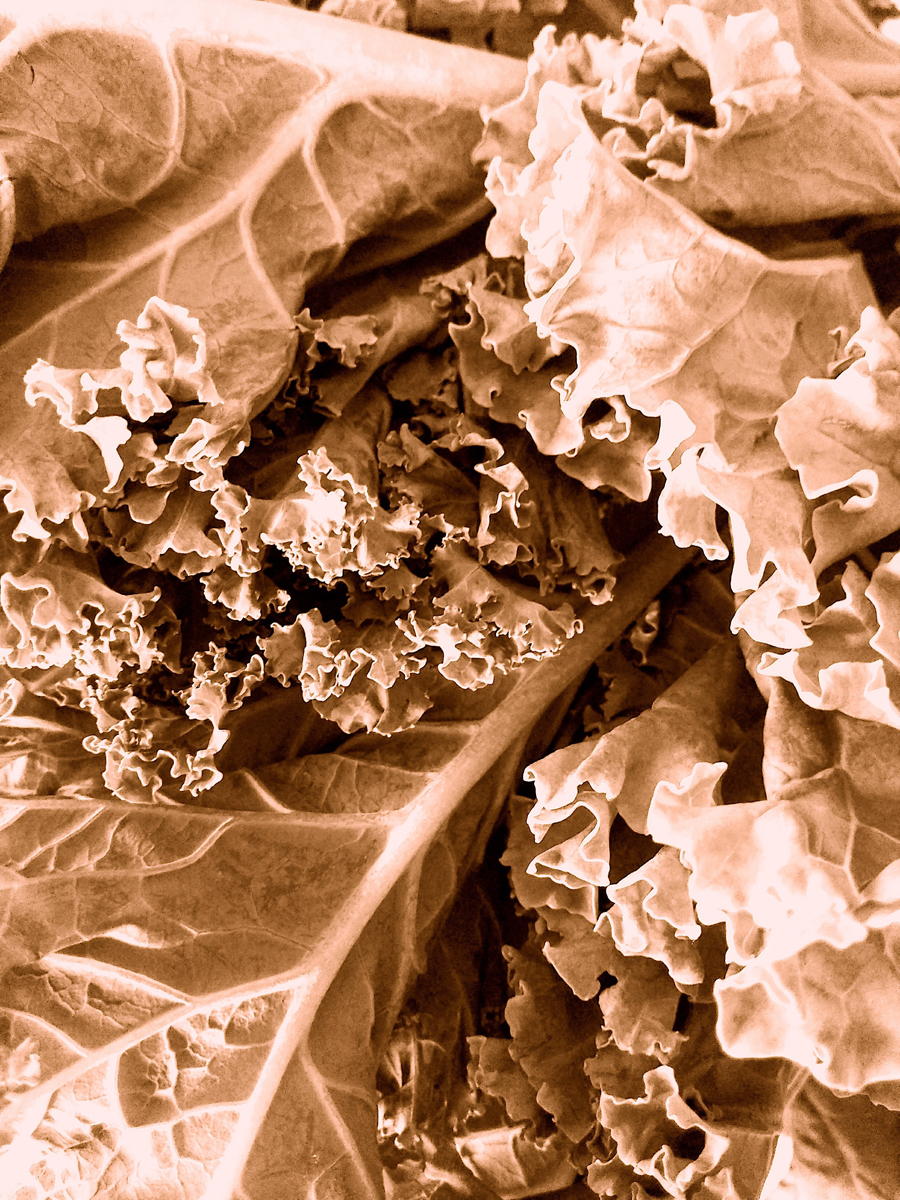What Makes a CSA a CSA?
A Framework for Comparing Community Supported Agriculture with Cases of Canada and China
DOI :
https://doi.org/10.15353/cfs-rcea.v7i1.390Mots-clés :
community supported agriculture (CSA), Canada, China, alternative food networksRésumé
In different parts of the world, community supported agriculture (CSA) has taken a variety of organizational forms, drawn on different ideologies, used a variety of land tenure arrangements, and taken on varied types of market relations in terms of how they arrange sales and memberships. Despite this, comparative studies of CSAs are sparse. Based on interviews and survey results, this paper develops a framework to compare CSAs in Canada—where this system has evolved for the last 30 years as an alternative to industrialized agriculture—with those in China, where CSAs have emerged since the late 2000s, mainly in response to food safety and health concerns. The comparison is based on their initiators’ motivations, economic characteristics, ecological practices, shareholder relations, and community building. We find that in both Canada and China CSAs are struggling to maintain the movement’s original values and be economically viable. They are moving away from the traditional ‘risk sharing’ approach underpinning the model and adopting more flexible payment mechanisms. However, other original tenets of the CSA model, such as member engagement, are strengthening. This poses a definitional challenge—what makes a CSA a CSA? We conclude that CSAs mix capitalist and other-than-capitalist economic logic, blend traditional, organic, and productivist ecological relations, and demonstrate both individualist and civic collectivist politics simultaneously. These characterizations are what make a CSA a CSA in contemporary Canada and China.
Téléchargements
Publié-e
Comment citer
Numéro
Rubrique
Licence
Les auteurs qui publient avec cette revue acceptent les conditions suivantes: Les auteurs conservent les droits d'auteur et accordent à la revue le droit de première publication avec l'œuvre sous licence simultanée Creative Commons qui permet à d'autres de partager l'œuvre avec une reconnaissance de la paternité de l'œuvre et de la publication initiale dans cette revue. Les œuvres publiées dans RCÉA/CFS avant et incluant le vol. 8, n° 3 (2021) sont sous licence Creative Commons CC BY. Les œuvres publiées dans le vol. 8, n ° 4 (2021) et après est sous licence Creative Commons CC BY-SA. Les auteurs peuvent conclure des accords contractuels supplémentaires séparés pour la distribution non-exclusive de la version publiée de l'ouvrage par la revue (par exemple, l'ajouter à un dépôt institutionnel ou le publier dans un livre), avec une reconnaissance de sa publication initiale dans ce journal. Les auteurs sont autorisés et encouragés à publier leurs travaux en ligne (par exemple, dans des dépôts institutionnels ou sur leur site Web) avant et pendant le processus de soumission, car cela peut conduire à des échanges productifs, ainsi qu'à une citation plus précoce et plus importante des travaux publiés. (En savoir plus sur le libre accès.)





